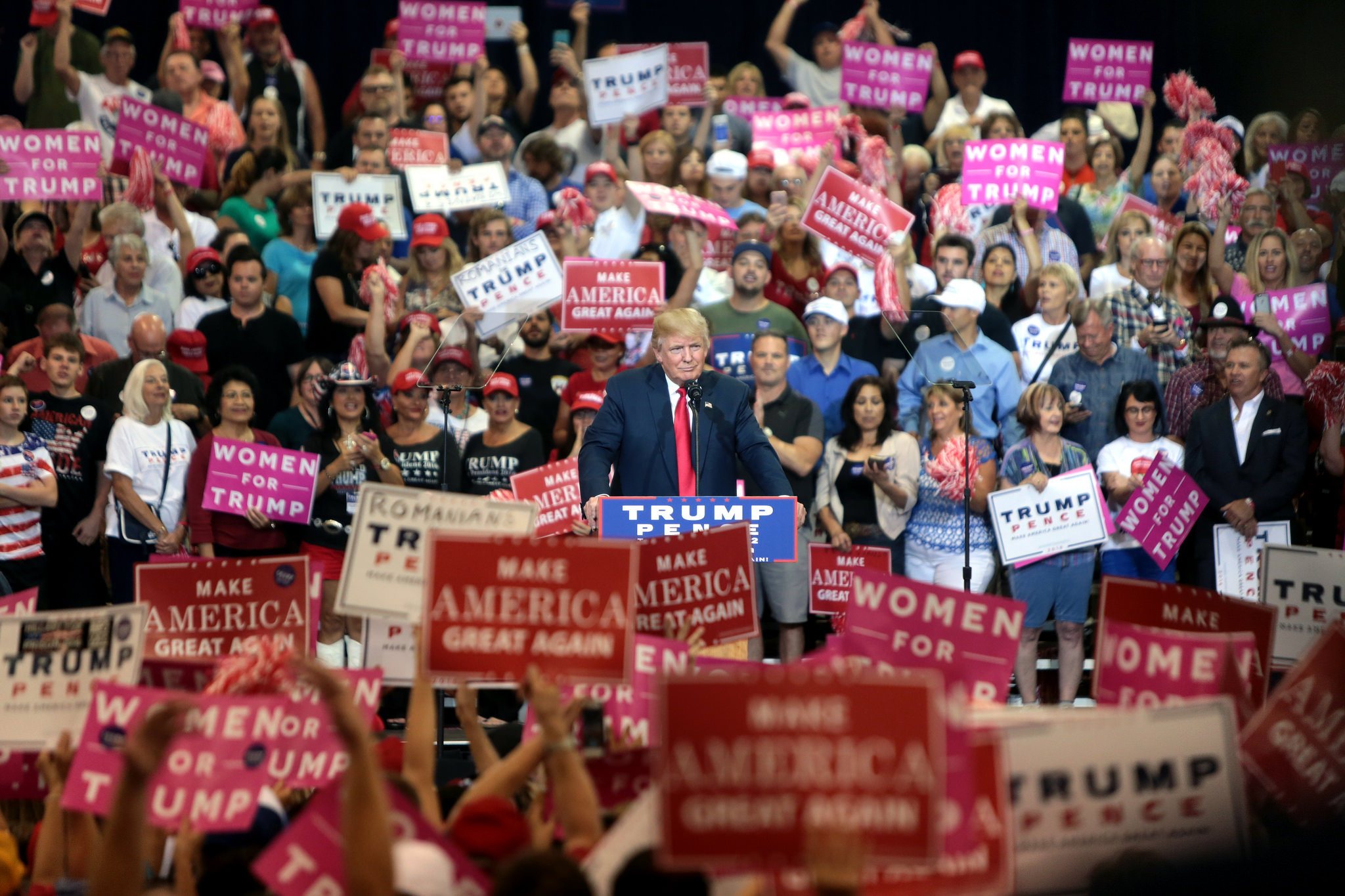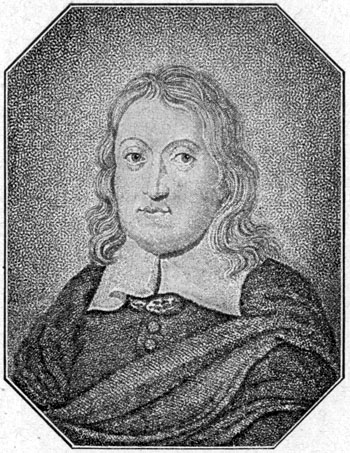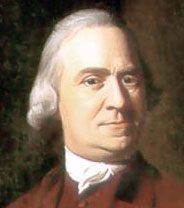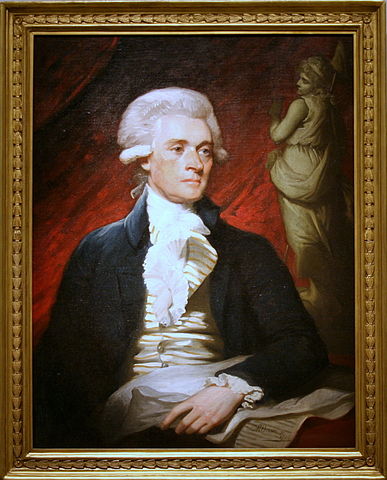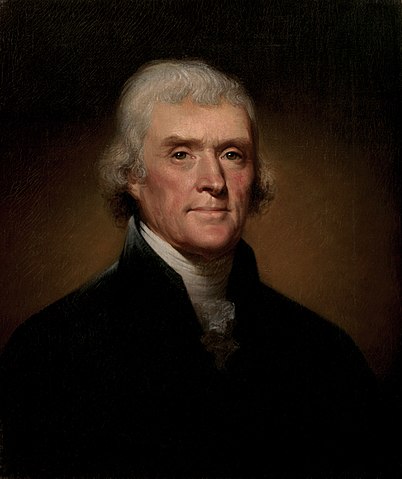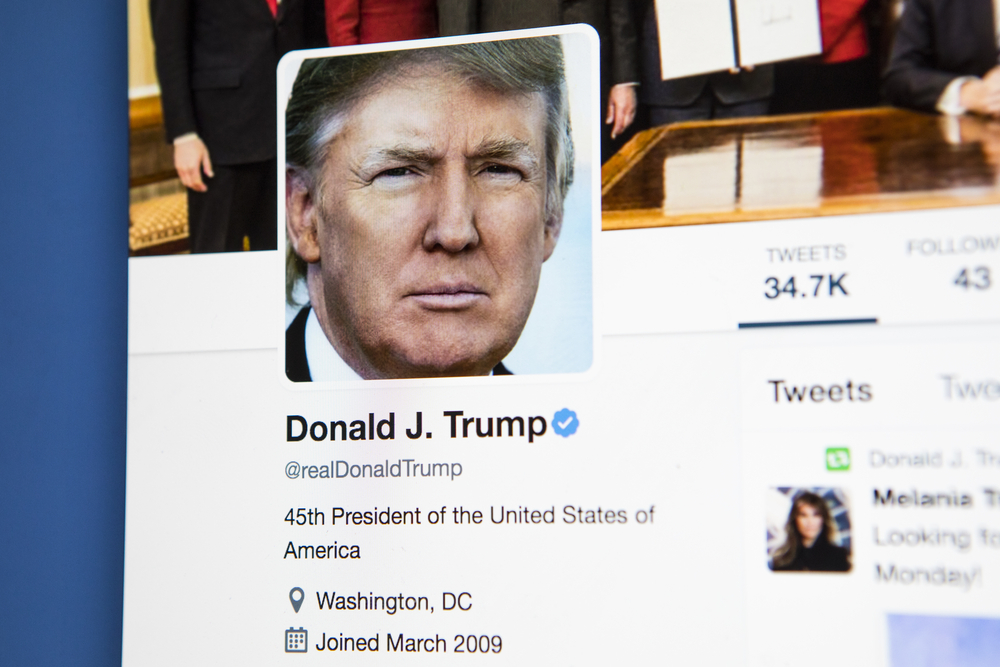Gene Policinski Commentary: Two Wrongs Do Not Make A ‘Right’ — But They Can Misuse One
The Newseum Institute’s First Amendment expert, Gene Policinski, originally published this commentary on the Newseum blog, and has given First Amendment Watch permission to reprint. Didn’t we all learn, long […]
Presidential Calls For Reporter Firings Chill Press Freedom
In a statement responding to President Trump’s tweet calling for the firing of the Washington Post’s Dave Weigel, PEN American Director Suzanne Nossel wrote “For the President to call for a reporter […]
Privacy and Press Freedom Argued in Carpenter v. United States
Across the ideological spectrum, Supreme Court Justices appeared to find common ground in that “mass searches of our digital effects would be as invasive and unreasonable as the hated general […]
John Milton Areopagitica, 1644
Milton argued that the press should be unlicensed, advancing the classic argument that ideas should be judged in the marketplace of ideas, where the truth would emerge through “a free and open encounter.”
Samuel Adams reacts strongly to the Stamp Act, “There is nothing so fretting and vexatious; nothing so justly terrible to tyrants, and their tools and abettors, as a FREE PRESS."
Thomas Jefferson to Edward Carrington
In this famous letter to Edward Carrington, a fellow Virginian, Jefferson upholds the freedom of the people to criticize their government. The American people “are the only censors of their governors; and even their errors will tend to keep these to the true principles of their institution. To punish these errors too severely would be to suppress the only safeguard of the public liberty.”
Thomas Jefferson’s First Inaugural Address
On March 4, 1801, Thomas Jefferson delivered his First Inaugural Address in the Senate Chamber before taking the oath of office administered by Chief Justice John Marshall. He became the nation’s third President amidst the fires still burning from the odious Alien and Sedition Acts of 1798. Under the Sedition Act, the Federalist Administration of John Adams had jailed more than a dozen Democratic-Republican political opponents for their speech or writing. Jefferson, vice president under Adams, and James Madison had opposed the Acts in their Virginia and Kentucky Resolutions, written in secret.
What International Journalists Have to Worry About After President’s Recent Twitter Tirade
The Atlantic asks how is the U.S. Department of Justice’s complaint against the proposed AT&T–Time Warner merger related to President Trump’s subsequent tweet against CNN International which caused much consternation on Twitter […]

